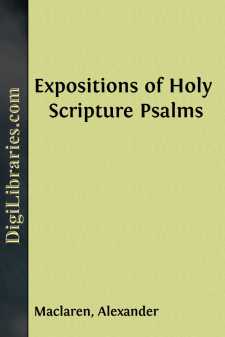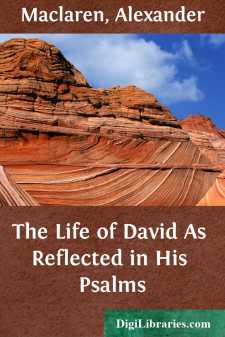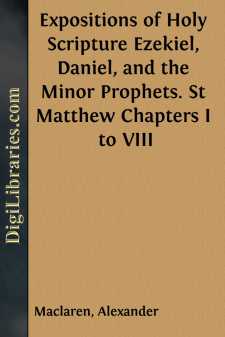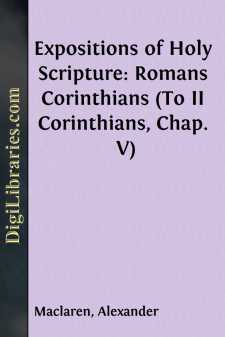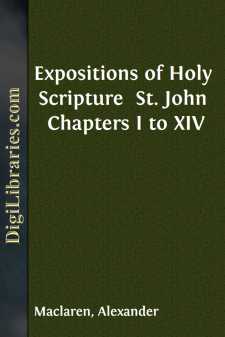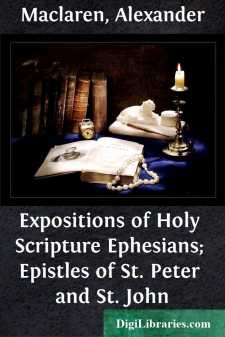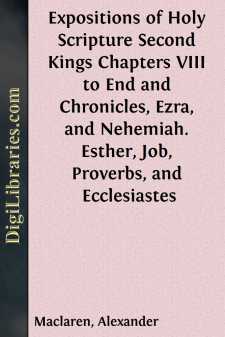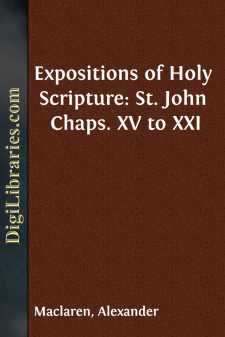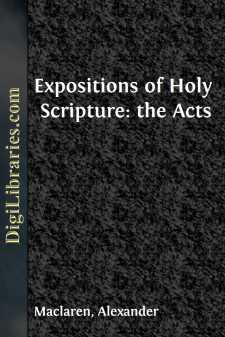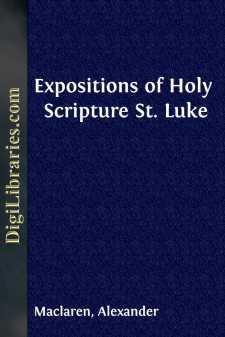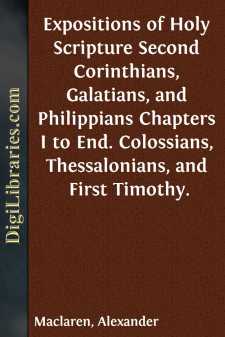Categories
- Antiques & Collectibles 13
- Architecture 36
- Art 48
- Bibles 22
- Biography & Autobiography 813
- Body, Mind & Spirit 138
- Business & Economics 28
- Children's Books 12
- Children's Fiction 9
- Computers 4
- Cooking 94
- Crafts & Hobbies 4
- Drama 346
- Education 46
- Family & Relationships 57
- Fiction 11821
- Games 19
- Gardening 17
- Health & Fitness 34
- History 1377
- House & Home 1
- Humor 147
- Juvenile Fiction 1873
- Juvenile Nonfiction 202
- Language Arts & Disciplines 88
- Law 16
- Literary Collections 686
- Literary Criticism 179
- Mathematics 13
- Medical 41
- Music 40
- Nature 179
- Non-Classifiable 1768
- Performing Arts 7
- Periodicals 1453
- Philosophy 64
- Photography 2
- Poetry 896
- Political Science 203
- Psychology 42
- Reference 154
- Religion 505
- Science 126
- Self-Help 81
- Social Science 81
- Sports & Recreation 34
- Study Aids 3
- Technology & Engineering 59
- Transportation 23
- Travel 463
- True Crime 29
Expositions of Holy Scripture Psalms
Description:
Excerpt
BLESSEDNESS AND PRAISE
'Blessed is the man that walketh not in the counsel of the ungodly, nor standeth in the way of sinners, nor sitteth in the seat of the scornful. 2. But his delight is in the law of the Lord.' —PSALM i. 1, 2.
'Let every thing that hath breath praise the Lord. Praise ye the
Lord.'—PSALM cl. 6.
The Psalter is the echo in devout hearts of the other portions of divine revelation. There are in it, indeed, further disclosures of God's mind and purposes, but its especial characteristic is—the reflection of the light of God from brightened faces and believing hearts. As we hold it to be inspired, we cannot simply say that it is man's response to God's voice. But if the rest of Scripture may be called the speech of the Spirit of God to men, this book is the answer of the Spirit of God in men.
These two verses which I venture to lay side by side present in a very remarkable way this characteristic. It is not by accident that they stand where they do, the first and last verses of the whole collection, enclosing all, as it were, within a golden ring, and bending round to meet each other. They are the summing up of the whole purpose and issue of God's revelation to men.
The first and second psalms echo the two main portions of the old revelation—the Law and the Prophets. The first of them is taken up with the celebration of the blessedness and fruitful, stable being of the man who loves the Law of the Lord, as contrasted with the rootless and barren life of the ungodly, who is like the chaff. The second is occupied with the contemplation of the divine 'decree' by which the coming King is set in God's 'holy hill of Zion,' and of the blessedness of 'all they who put their trust in Him,' as contrasted with the swift destruction that shall fall on the vain imaginations of the rebellious heathen and banded kings of earth.
The words of our first text, then, may well stand at the beginning of the Psalter. They express the great purpose for which God has given His Law. They are the witness of human experience to the substantial, though partial, accomplishment of that purpose. They rise in buoyant triumph over that which is painful and apparently opposed to it; and in spite of sorrow and sin, proclaim the blessedness of the life which is rooted in the Law of the Lord.
The last words of the book are as significant as its first. The closing psalms are one long call to praise—they probably date from the time of the restoration under Ezra and Nehemiah, when, as we know, 'the service of song' was carefully re-established, and the harps which had hung silent upon the willows by the rivers of Babylon woke again their ancient melodies. These psalms climb higher and higher in their rapturous call to all creatures, animate and inanimate, on earth and in heaven, to praise Him. The golden waves of music and song pour out ever faster and fuller. At last we hear this invocation to every instrument of music to praise Him, responded to, as we may suppose, by each, in turn as summoned, adding its tributary notes to the broadening river of harmony—until all, with gathered might of glad sound blended with the crash of many voices, unite in the final words, 'Let every thing that hath breath praise the Lord....


